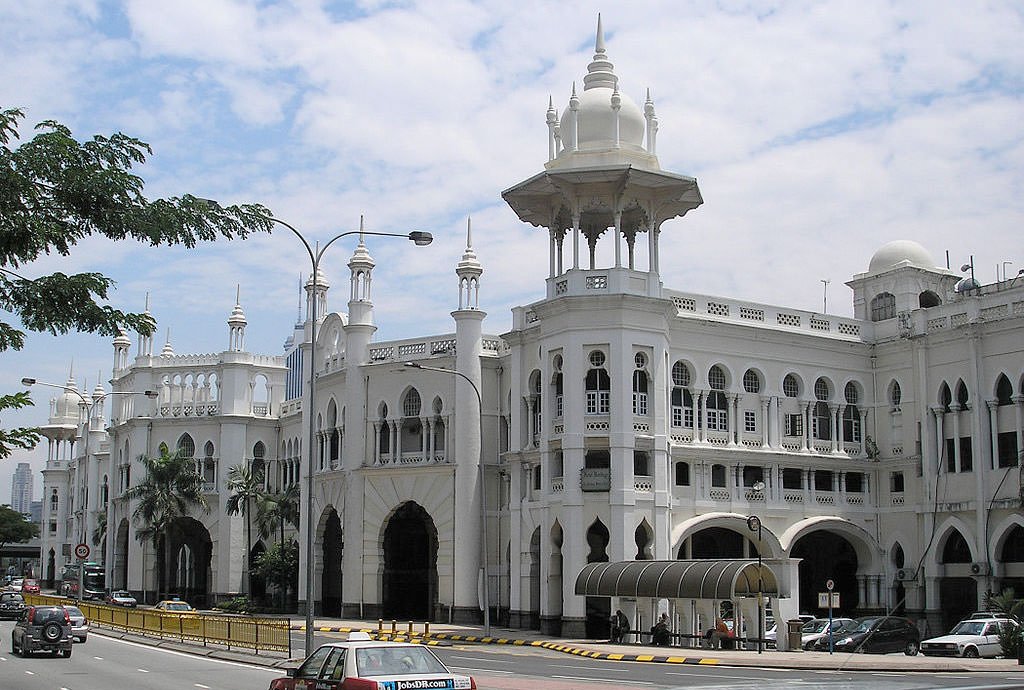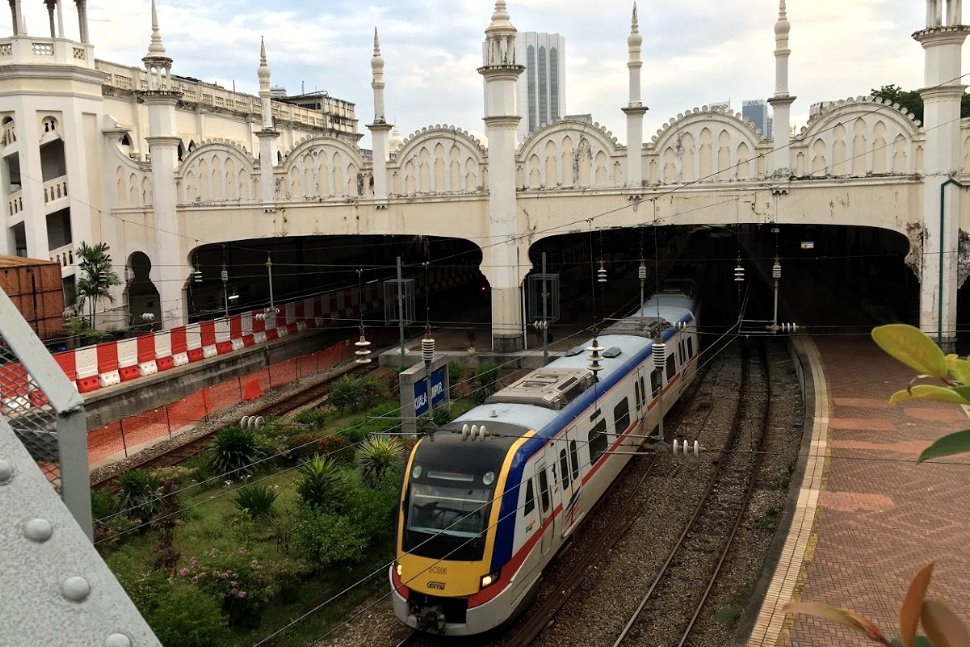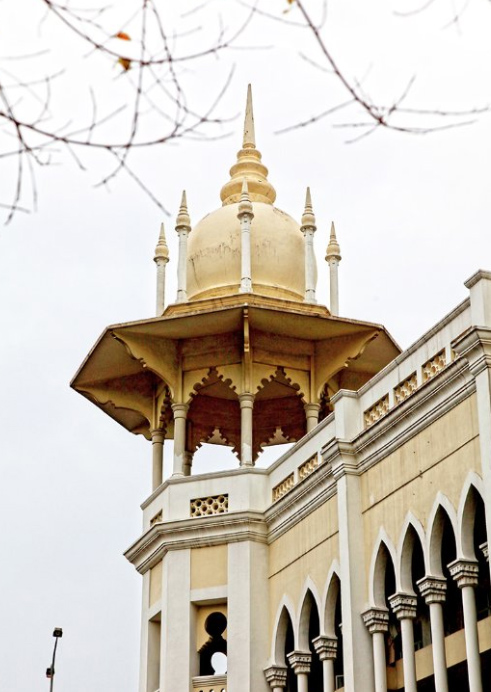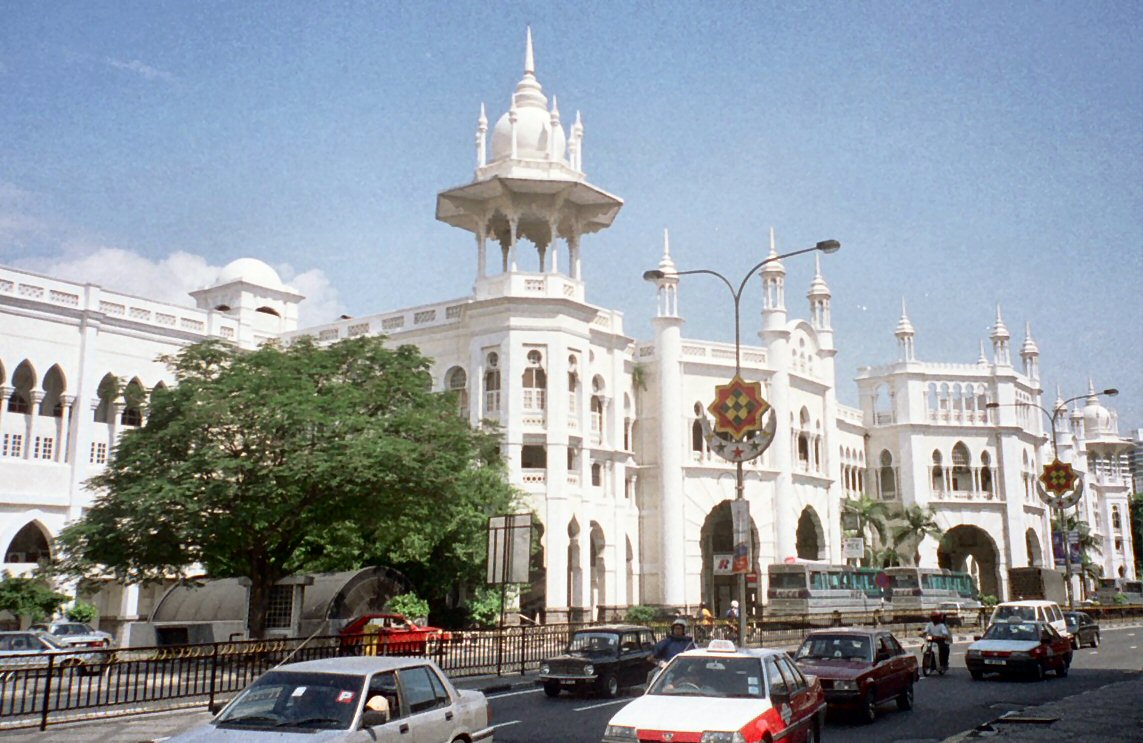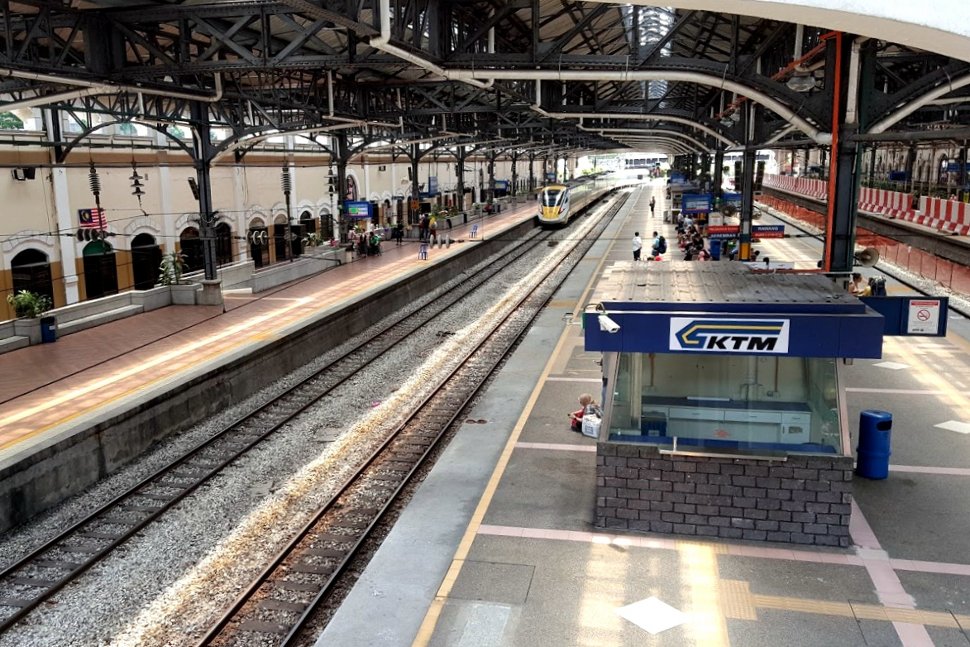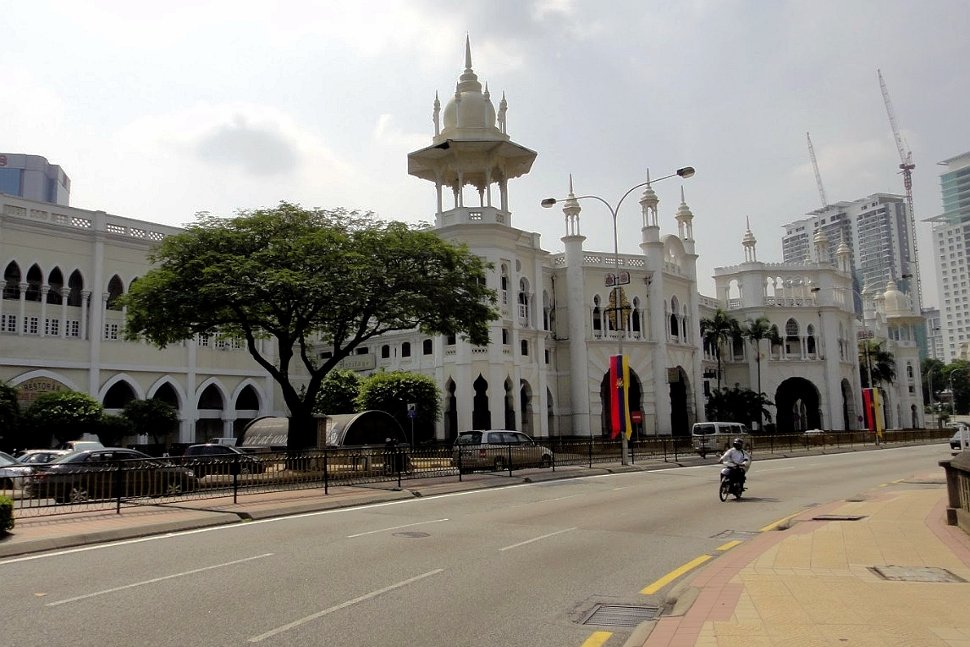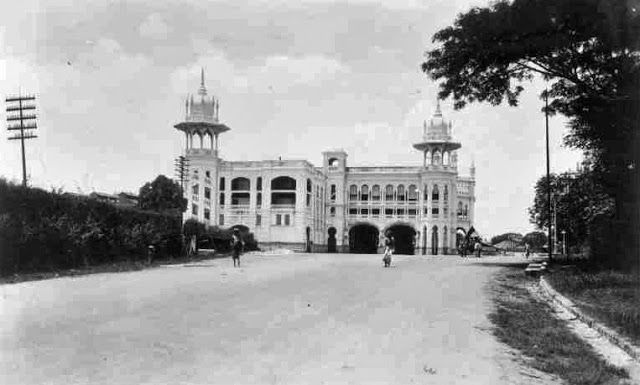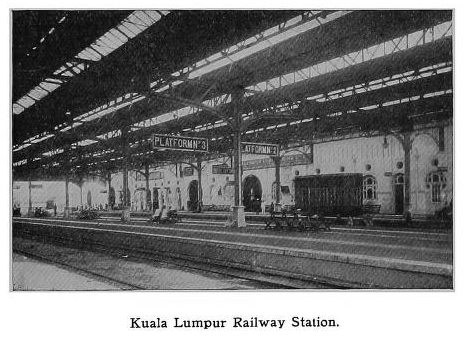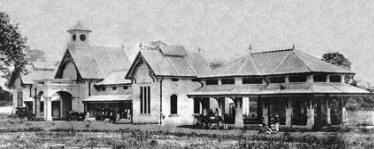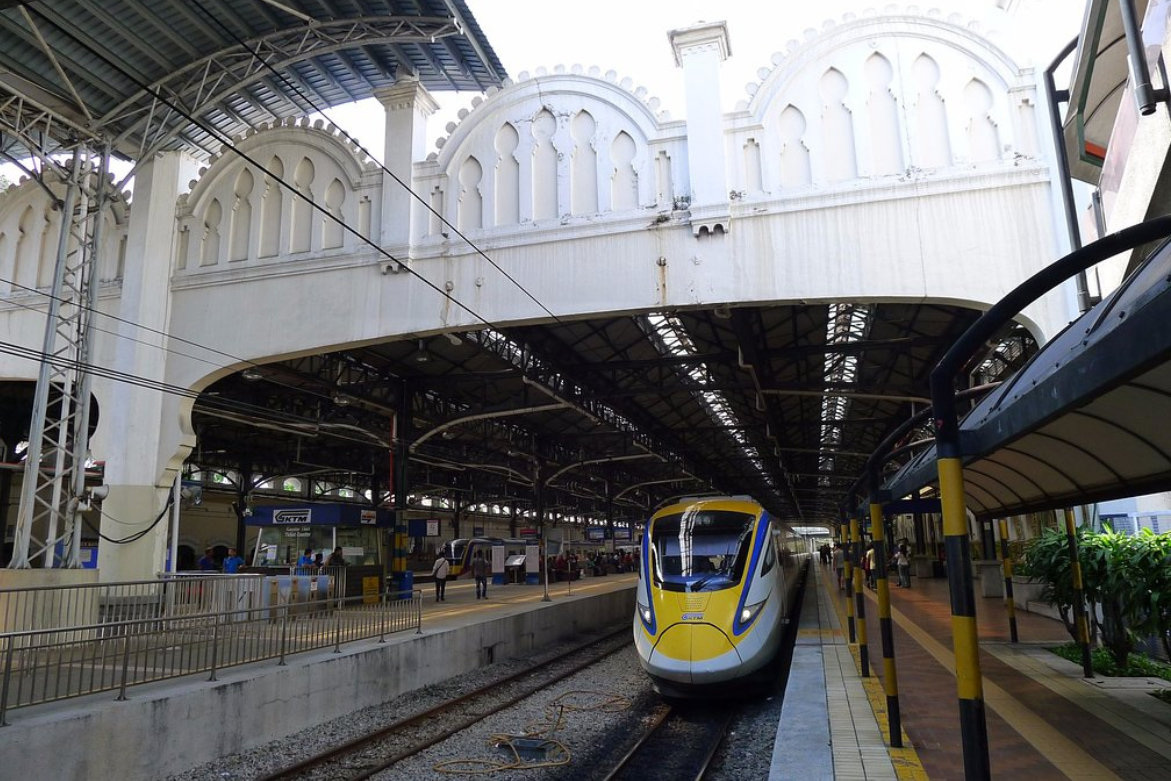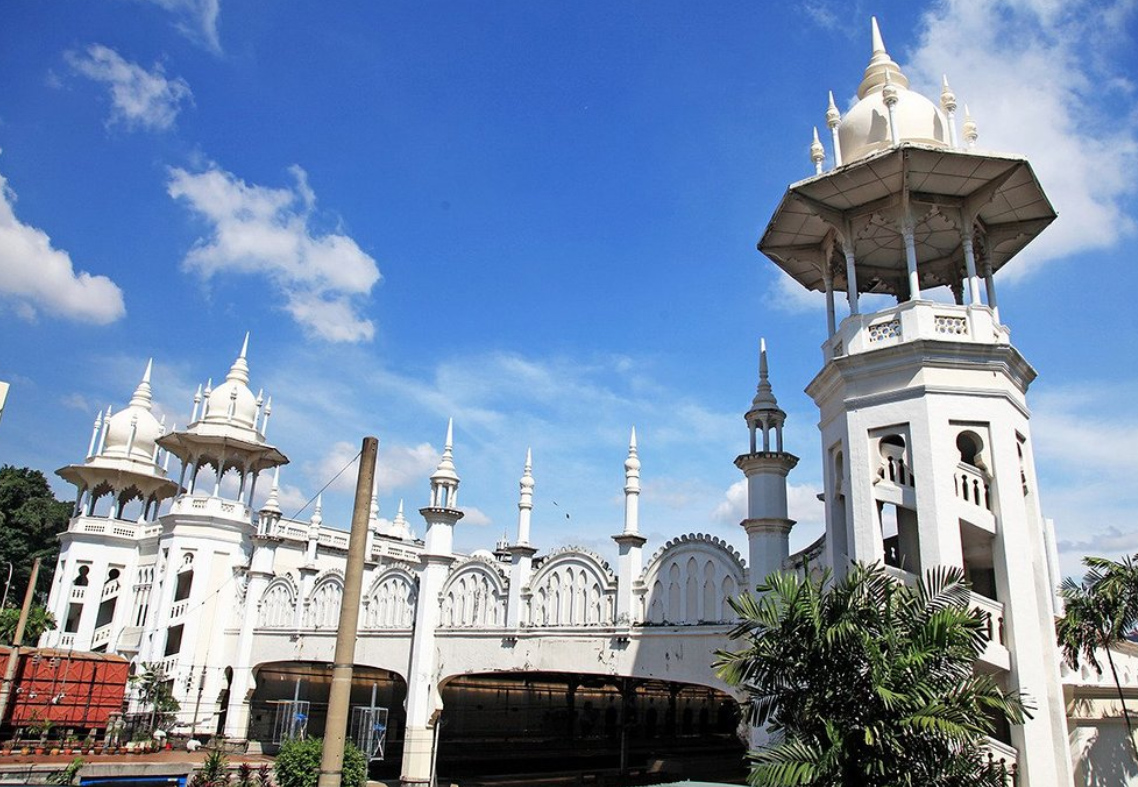Did You Know: The Old KL Railway Station Was Designed To Be Snowproof. Here's Why
Its iron roof can support up to three metres of snow.
Standing in the heart of the city since 1910 is one of the oldest colonial structures in Malaysia — the Kuala Lumpur railway station
With its large arches and iconic white dome-capped towers, the old railway station resembles a glorious Indian palace
The man behind the station's design was British colonial architect Arthur Benison Hubback, who was also responsible for 25 other buildings in Malaysia, including the Ipoh railway station.
Before Petronas Twin Towers came into the picture, the old KTM station was among the most photographed symbols of the city
In 1986, the station went under extreme renovations as modern counterparts replaced the old ones.
The roof, which was once partially open to allow smoke from steam trains to escape, was replaced with corrugated roof sheets.
Air-conditioned halls and tourism information counters were also added, while most of the building's exterior was repaired and preserved.
However, here's where it gets interesting: the railway station's iron roof has actually been built to withstand snow
Yep, you read that right. If it miraculously snows in our hot and humid country, the railway station will be able to support up to three metres worth of snowfall.
The reason for this strange design element makes sense though, if you look at Malaysia's history
Since Malaysia (known as Malaya back then) was under the British rule in 1911, the railway station was built according to England's railway specifications.
And since railroad stations in England were specified to have an iron roof capable of withstanding snow, so did ours.
According to this article, the previous railway station only had a thatched roof in 1886, which was around the same time the first railroad line was constructed.
The first Kuala Lumpur railway station in 1886 was called the Resident Station.
Image via AbckualalumpurFor close to 100 years, the magnificent station served as the city's main railway hub before KL Sentral took over in 2001.
That's when it began to slowly lose its prominent role as a space for mass transportation.
Despite that, the original railway hub is still being used today for certain KTM Komuter services and remains an iconic part of Malaysian history.
